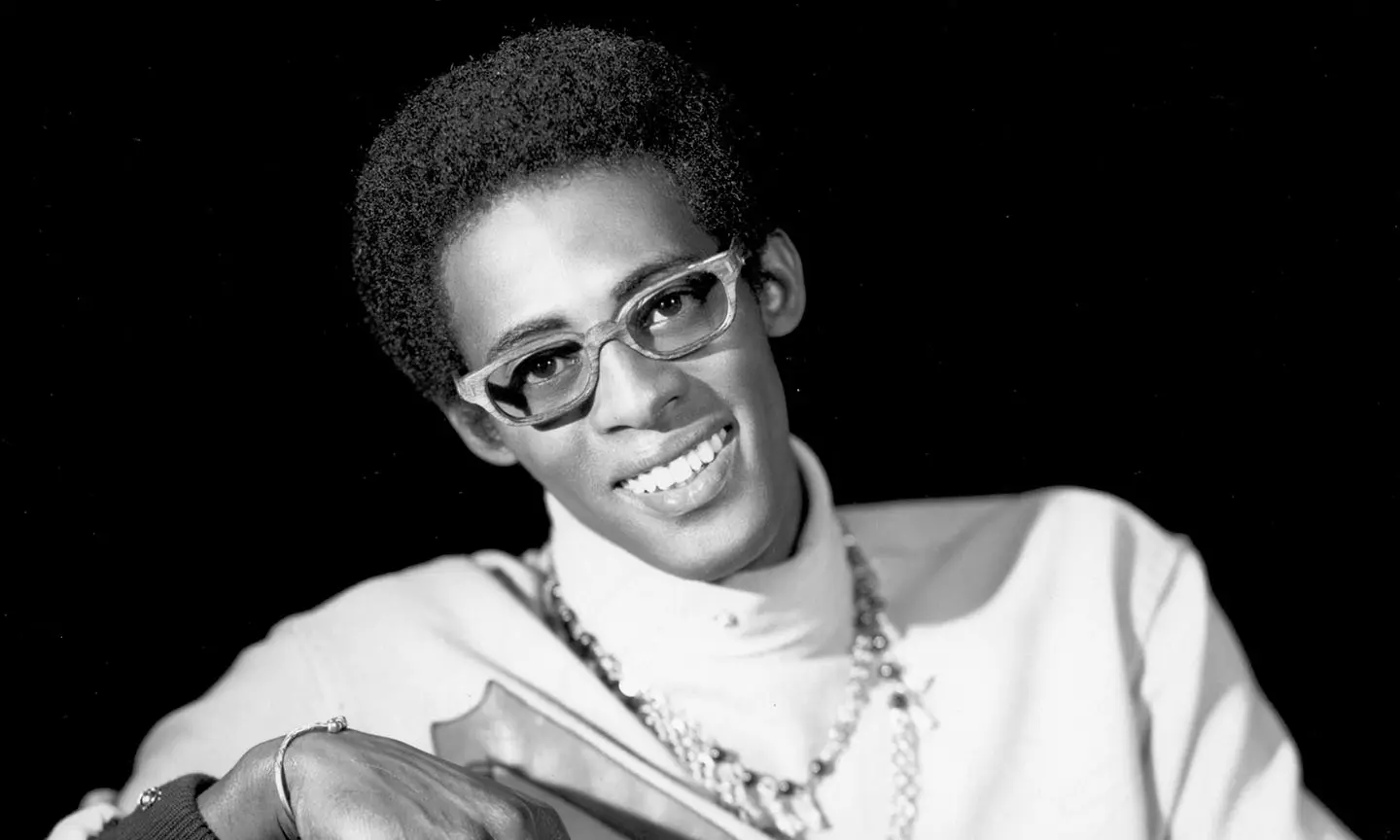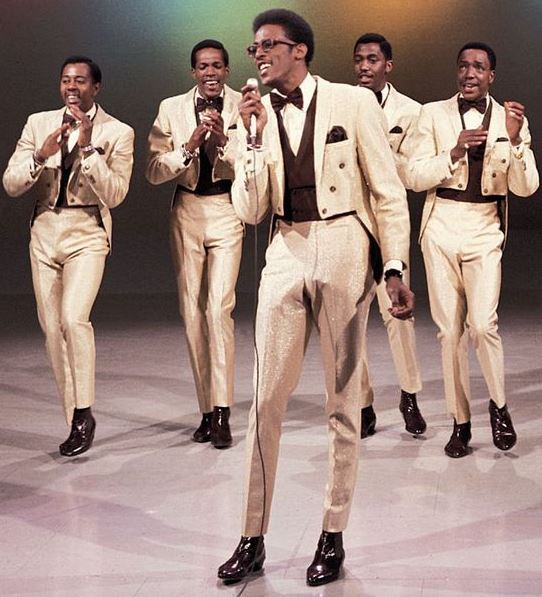
The Broadway hit Ain’t Too Proud, the slam-bang Temptations musical, is coming to the Marcus Performing Arts Center April 5-10. The show reminds me again of the distinctive voice of David Ruffin. His unlimited range and gutteral timbre rank him with Ray Charles, Billy Eckstine, Roy Hamilton, James (Pookie) Hudson and Paul Robeson, as the most recognizable Black male vocalists of the 20th century.
Ruffin’s unique song stylings and riveting presence as the incomparable and best lead singer of the legendary Temptations, still is often heard on radio and television more than 30 years after suffering a sad, drugs-induced demise, in Detroit, at age 50.

A few years ago, in the lobby of New York’s Apollo Theater following a retro R&B concert, I asked the Supremes’ Mary Wilson for her thoughts about the fine, big-name Black male vocalists who’d performed. Without hesitating she said, “They were nice, but not one could hold a candle to David Ruffin. I absolutely loved that man.”
Wilson’s sentiments were previously shared by Milwaukee’s Al Jarreau—noted jazz singer and my boyhood pal—who sang Ruffin’s praises to me on Nov. 11, 1994, during a picture-taking break in WNOV radio’s most memorable “Carter-McGee Report” program.
“David’s voice was the most, to say the least,” Jarreau told me. “He was like a long, lean, musical instrument with infinite high-low range. His loss was a real tragedy.”
The story of the Temptations—the soul group with live performance moves epitomized by Ruffin that put Detroit’s Motown Records on the map in the mid-1960s—has become well known. As well as the hit Broadway show, they were the subject of a highly rated 1998 television movie.
I think often about the Temptations, and most of my thoughts are of David, whose big voice and big, black horn-rim glasses, made him its most identifiable member. He was so very special. To this day, I get teary-eyed listening to his stunning “Statue of a Fool” (1975), recorded seven years after his career with the group came crashing down.
Ruffin initially sang in the background after joining the still-struggling Temptations in 1964 with most leads shared by high-tenor Eddie Kendricks and smooth baritone Paul Williams. But everything changed when Motown’s William (Smokey) Robinson wrote the classic “My Girl,” with Ruffin’s distinctive vocal range in mind.
In that tune’s chart-topping wake, anyone listening to Ruffin’s awesome lead, and on other Temps hits such as “I Wish it Would Rain;” “Ain’t Too Proud to Beg;” “Since I Lost My Baby;” “I’m Losin’ You;” “Beauty is Only Skin Deep”—and his sensational dual lead with Kendricks on “You’re My Everything”—instantly recognize his voice.
Performing many Temptations hits in famous venues such as New York’s Copacabana nightclub and on national TV, the presence and charisma of pencil-thin, 6-feet-3 Ruffin commanded the spotlight and usually stealing the show. And he always was eager to take full advantage of his stature in every way, including an abusive, contentious relationship with Motown’s celebrated Tammi Terrell.
Late in 1968, Ruffin was fired by Temptation’ founder Otis Williams for missing concerts and rehearsals due to his cocaine addiction and suggesting that the group be renamed David Ruffin and the Temptations. Never missing a beat, he recorded a unique smash-hit version of “He Ain’t Heavy, He’s My Brother” with older brother Jimmy Ruffin who’d just hit big with “What Becomes of the Brokenhearted.”

In addition, David’s string of successful, post-Temptations solo singles, including “My Whole World Ended,” “Walk Away From Love” and “Common Man,” helped enhance his standing as the most notable former member of the group.
In 1989, Ruffin was inducted into the Rock and Roll Hall of Fame along with the other best-known living members of the Temps. During the ceremony, David and Otis Williams (who had angrily dropped him from the group) visibly buried the hatchet.
To its credit, the 1998 Temptations TV movie faithfully captured Ruffin’s ups and downs that beset this remarkable group which, at its 1960s peak, also included Kendricks, Paul Williams, Melvin Franklin, Dennis Edwards and its lone surviving member, Otis Williams. In the film, David was portrayed by tall, slim lookalike Leon Robinson, whose voice accurately channeled Ruffin’s.
The movie detailed Ruffin’s drug-addled, tragic later life in a pull-no-punches manner. It ended in melancholy fashion as the 1964-‘68 Temps—led by Ruffin—sing “My Girl” on stage in an empty theater. And then, a somber off-screen voice intones “Temptations Forever,” as they take a deep, choreographed bow.
Indeed, David’s vocal dexterity was undeniable and, following his death of a cocaine overdose on June 21,1991, accolades came pouring in from his Motown peers, as well as others in the highly competitive world of black music in particular, and popular music in general.
During David’s crowded funeral service in Detroit, former Temps Kendricks, Franklin, Otis Williams, Ali-Ollie Woodson, Richard Street, Damon Harris and Ricky Owens gathered around his open casket and emotionally sang some of his hits.
As a lifelong devotee of doo-wop, original black rhythm and blues and black soul music, I will always regard the controversial David Ruffin—outside of Frank Sinatra—as the greatest pop music voice I have ever heard. I’ve heard ’em all, and Milwaukee’s Al Jarreau agrees with me.